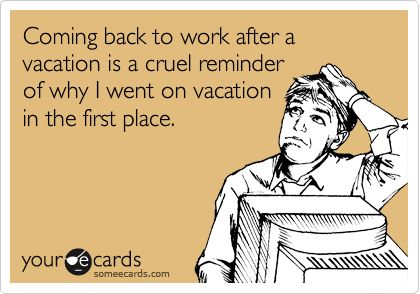Thailand is a dream destination for many travelers, offering stunning beaches, vibrant nightlife, and a welcoming culture. However, beneath the surface of this tropical paradise, some male tourists—particularly those aged 20-40—struggle with mental health challenges, cultural disorientation, and the emotional aftermath of holiday romances. Additionally, Pattaya, Thailand’s infamous party town, has seen a disturbing trend of unexplained falls from high-rise condos, raising concerns about mental health crises among visitors.

This blog post explores:
1. Mental health struggles among male tourists in Thailand
2. The alarming trend of high-rise falls in Pattaya
3. Ways to safeguard mental well-being while traveling
4. Strategies for reintegration after returning home
1. Mental Health Challenges for Male Tourists in Thailand
Cultural Disorientation and Loneliness
Thailand’s friendly and open culture can be overwhelming for some visitors. While many tourists enjoy the hospitality, others especially solo male travelers may feel isolated or struggle with cultural nuances. The pressure to constantly socialize, combined with language barriers, can exacerbate feelings of loneliness.

Holiday Romances and Emotional Turmoil
Thailand’s nightlife and dating scene can lead to intense but short-lived relationships. For some men, these fleeting romances create emotional dependency, leading to distress when they return home. The abrupt end of these connections can trigger anxiety, depression, or even reckless behavior.
Substance Abuse and Risk-Taking
Pattaya’s party culture often involves excessive drinking and substance use, which can worsen underlying mental health issues. Some tourists use alcohol or drugs to cope with stress, leading to dangerous situations, including accidents or self-harm.
2. The Disturbing Trend of High-Rise Falls in Pattaya
Pattaya has seen a troubling number of unexplained falls from high-rise condos, raising concerns about mental health crises among tourists. Recent reports highlight:
June 2025 alone saw five fatal falls, including a 22-year-old Chinese tourist who fell from the 21st floor of a Pattaya hotel.
Victims are often foreign men, with cases involving Russians, Americans, and Europeans.
No clear signs of foul play, suggesting possible accidents, suicides, or mental health breakdowns.
Why Are These Incidents Happening?
Mental health crises: Depression, substance abuse, or emotional distress may lead to impulsive actions.
Lack of safety measures: Some high-rises have inadequate balcony railings or security.
Isolation: Travelers experiencing loneliness may not seek help before a crisis escalates.
Authorities have urged hotels to improve safety measures, but mental health awareness remains critical.
3. Safeguarding Mental Health While Traveling
Before the Trip
Research cultural norms to reduce culture shock.
Set realistic expectations about holiday romances keep connections light unless both parties are serious.
Pack essentials like prescribed medications and emergency contacts.
During the Stay
Stay connected with loved ones back home to avoid isolation.
Limit alcohol and drugs substances can worsen anxiety and depression.

Seek professional help if needed: Thailand has wellness retreats specializing in mental health, such as Kamalaya Koh Samui and Chiva-Som .
If You Feel Overwhelmed
Reach out to expat communities or mental health hotlines.
Avoid risky environments—if party scenes trigger negative emotions, opt for nature retreats instead.
4. Preparing for Reintegration after the Holiday
Returning home after an intense trip can be jarring. Here’s how to ease the transition:
Emotional Detox
Reflect on the experience—journaling can help process emotions.
Avoid romanticizing the trip—acknowledge both the highs and lows.
Work Reintegration
Gradually readjust to routines—don’t dive straight into heavy workloads.
Discuss your travels with colleagues—sharing stories can help bridge the gap between vacation and reality.

Seek Professional Support if Needed
Therapy or counseling can help manage post-travel depression.
Wellness programs (like those at RAKxa Integrative Wellness) offer post-holiday mental health support.
Final Thoughts
Thailand offers unforgettable experiences, but male travelers—especially those in their 20s-40s—must be mindful of mental health risks. From cultural disorientation to holiday romances and the dark side of Pattaya’s party scene, awareness and proactive measures are key.
If you or someone you know is struggling, reach out for help. Thailand has resources, from wellness retreats to expat support groups. And most importantly, prioritize mental well-being—both during the trip and after returning home.
Safe travels, and take care of your mind as much as your passport.
The last thing you want to be worrying about is health insurance so get that sorted before you go!
Sources:
– Mental health insights from Thai cultural studies
– Reports on Pattaya high-rise falls
– Wellness retreat options


